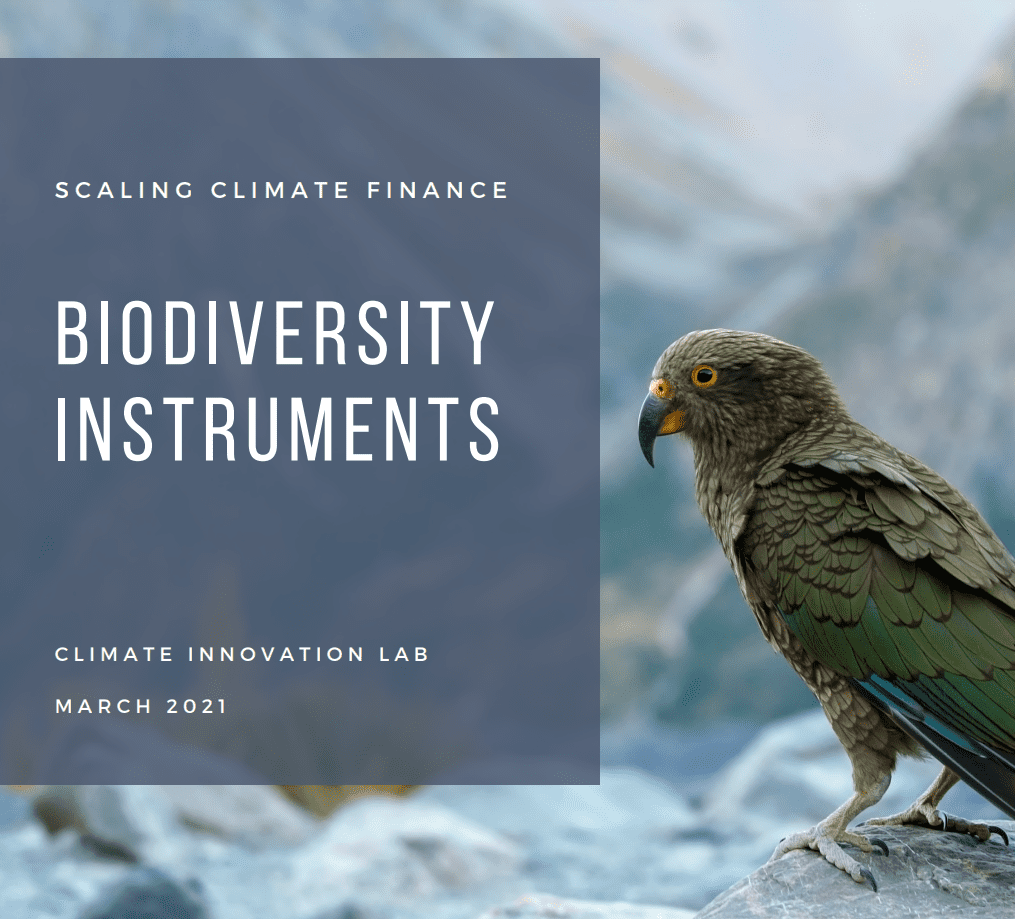The loss of biological heritage in Aotearoa New Zealand is not only detrimental to the environment, but also to human wellbeing. Nature-based Solutions (NbS), which involve working with and enhancing nature to address these interrelated challenges, are increasingly recognised as an important response. But the biodiversity financing gap – that is, the gap between actual financing and the scale of financing that is needed – is large.
This Concept Paper finds that financial innovation could play a catalytic role in reversing biodiversity, but also that systems change is a necessary precondition for biodiversity financing to occur at scale. Arguably the single most important lever is a stable and meaningful biodiversity payment that would generate revenue from improving biodiversity outcomes.
In the absence of a biodiversity payment, this Concept Paper proposes five instruments and identifies unrealised opportunities for increasing investment into projects and activities that preserve, support and expand Aotearoa New Zealand’s unique biological heritage. Redirecting finance and funding through climate finance instruments – such as those described in the report – can accelerate the shift toward a more resilient, low-emissions future.
This report, produced through the Adaptive Policy and Governance Team (SO7), is authored by David Hall and Sam Lindsay from Mōhio Research – a think-and-do tank that works on an inclusive, equitable and tika transition for a low-emissions New Zealand.
Its launch took place on 31st March 2021 at Victoria University Law School and brought together people from finance, academic, environmental and government sectors and provoked discussion and awareness about the need for climate finance for biodiversity in Aotearoa. You can view the speeches from the launch on our YouTube channel here.
“The report has a good lens around finding real solutions and that’s really great- and is challenging some traditional views on finance” – Dean Spicer ANZ
